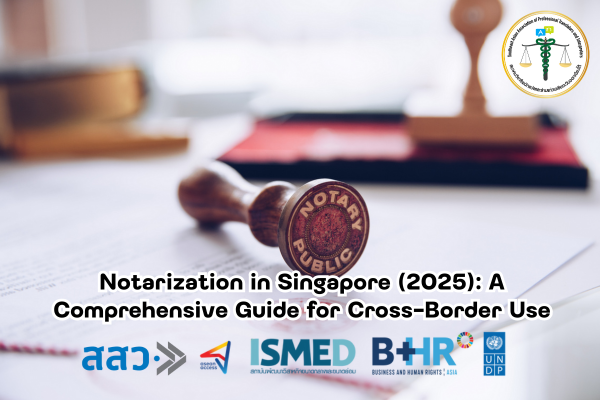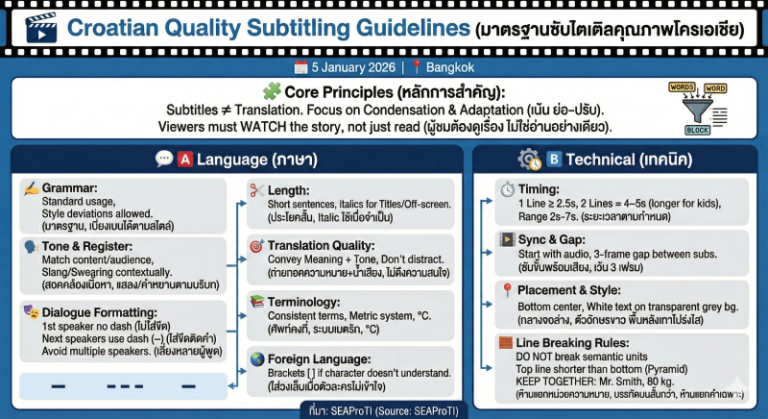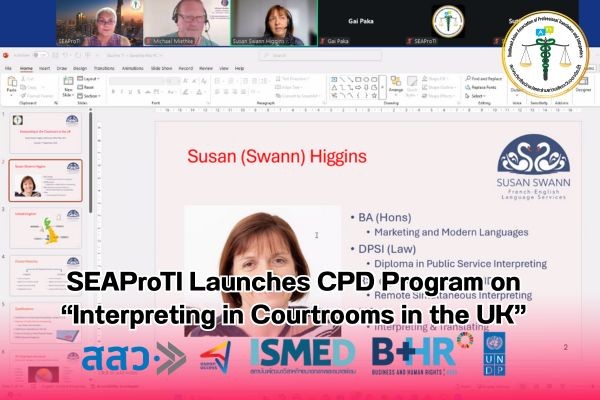Notarization in Singapore (2025): A Comprehensive Guide for Cross-Border Use
In today’s interconnected world, businesses, legal professionals, and individuals increasingly need to present official documents across borders. Whether you’re expanding operations, entering contracts abroad, or submitting legal paperwork in another jurisdiction, notarization ensures that your documents are recognized as valid and authentic internationally.
In Singapore, notarization is a structured and strictly regulated process governed by the Notaries Public Act, administered through the Singapore Academy of Law (SAL). This article offers a full overview of Singapore’s notarization landscape in 2025—its legal basis, procedures, and best practices, particularly for documents intended for overseas use.
1. What Is Notarization and Why Is It Important in Singapore?
Notarization involves the formal attestation of documents by a Notary Public, a senior legal professional authorized to verify identities, witness signatures, administer oaths, and certify documents for international use.
In Singapore:
- Domestic documents typically require only a Commissioner for Oaths.
- International documents must go through notarization and SAL authentication for legal effect overseas.
Legal Basis:
- The Notaries Public Act and Notaries Public Rules govern the practice.
- Since February 2017, every notarized document must include a standardized Notarial Certificate with a red ribbon and the notary’s official seal.
From October 1, 2019, SAL authentication has become mandatory. A notarized document without SAL authentication or an Apostille is not valid for use abroad.
2. Key Players: Notaries Public & the Singapore Academy of Law (SAL)
Notaries Public
- Appointed by SAL.
- Must be lawyers with at least 15 years of experience and over 40 years of age.
- Responsibilities include:
- Witnessing signatures on legal documents.
- Certifying true copies of official records.
- Administering oaths for use in foreign jurisdictions.
Each notarization includes a Notarial Certificate, physically attached and bound to the document using a red ribbon and the notary’s official seal.
Singapore Academy of Law (SAL)
- Appoints Notaries Public and issues official seals and stamps.
- Since 2019, SAL has been the sole authority for authenticating notarized documents.
- As of September 16, 2021, SAL also issues Apostilles under the Hague Apostille Convention.
- Maintains an online register of Apostilles for verification.
Notarization + SAL authentication = A complete package for international recognition.
3. Common Types of Documents That Require Notarization
| Document Type | Purpose |
|---|---|
| Affidavits & Statutory Declarations | For legal use in foreign courts |
| Powers of Attorney | Granting authority abroad (e.g., real estate, banking) |
| Contracts & Agreements | For cross-border business transactions |
| Corporate Resolutions | Opening overseas bank accounts, legal filings |
| Certified True Copies |
Passports, certificates, licenses, degrees, etc. |
4. Step-by-Step Notarization Procedure in Singapore
Step 1: Prepare the Document
- Ensure documents are complete.
- Do not sign before meeting the notary (if signing is to be witnessed).
- Provide original documents for certification of true copies.
- Consider providing an official English translation if the document is in another language.
Step 2: Notarization by a Notary Public
- Appear in person with proper identification.
- Sign in the presence of the notary (or declare contents).
The notary will:
- Attach a Notarial Certificate.
- Bind it with a red ribbon.
- Affix the official seal.
- Record the act in a Notarial Register.
Step 3: Authentication by SAL (Apostille)
- Bring the notarized document to SAL’s Legalisation Service at The Adelphi, Coleman Street.
- SAL confirms the notary’s credentials and signature.
- SAL issues an Apostille Certificate, making the document internationally valid.
Step 4: Consular Legalization (If Needed)
- For Apostille Convention countries (e.g., USA, UK, Australia): No further action needed.
- For non-Convention countries (e.g., China, Vietnam): Present the SAL-authenticated document to the respective embassy or consulate in Singapore for final legalization.
5. Process Flow Summary
For Apostille Countries:
- Notary Public → SAL Authentication (Apostille) → Use Overseas
For Non-Apostille Countries:
- Notary Public → SAL Authentication → Embassy Legalization → Use Overseas
Since January 2021, SAL has replaced Singapore’s Ministry of Foreign Affairs in handling legalization services.
6. Common Issues and Best Practices
| Issue | Best Practice |
|---|---|
| Missing SAL authentication | Never skip SAL. It is mandatory for overseas use. |
| Using Commissioner for Oaths for overseas docs | Use a Notary Public instead. |
| Unacceptable copies | Only use originals or certified true copies. Avoid laminated documents. |
| Incorrect signatory | Ensure the correct person signs with proper ID and authority proof (e.g. company resolution). |
| Language mismatch | Provide a certified English translation or bilingual version. |
| Disruption in formatting |
Never separate or alter the notarized bundle after it is sealed. |
7. Recent Updates and 2025 Developments
🔹 Apostille Convention Implementation (2021–2025)
- Singapore’s accession to the Hague Convention has simplified global document recognition.
🔹 SAL Modernization
- Apostilles now come with QR codes for easy verification.
- SAL maintains an online register for validation of all Apostilles.
🔹 Acceptance of Foreign Apostilles
- Singapore accepts inbound documents apostilled by other Convention countries without additional consular legalization.
🔹 Electronic Documents
- Some e-documents (e.g. digital certificates) can be apostilled if certified by issuing authority.
- Full digital notarization is not yet allowed in 2025 but may be considered in the future.
SEAProTI’s certified translators, translation certification providers, and certified interpreters:
The Southeast Asian Association of Professional Translators and Interpreters (SEAProTI) has officially announced the criteria and qualifications for individuals to register as “Certified Translators,” “Translation Certification Providers,” and “Certified Interpreters” under the association’s regulations. These guidelines are detailed in Sections 9 and 10 of the Royal Thai Government Gazette, issued by the Secretariat of the Cabinet under the Office of the Prime Minister of the Kingdom of Thailand, dated July 25, 2024, Volume 141, Part 66 Ng, Page 100.
To read the full publication, visit: the Royal Thai Government Gazette

























